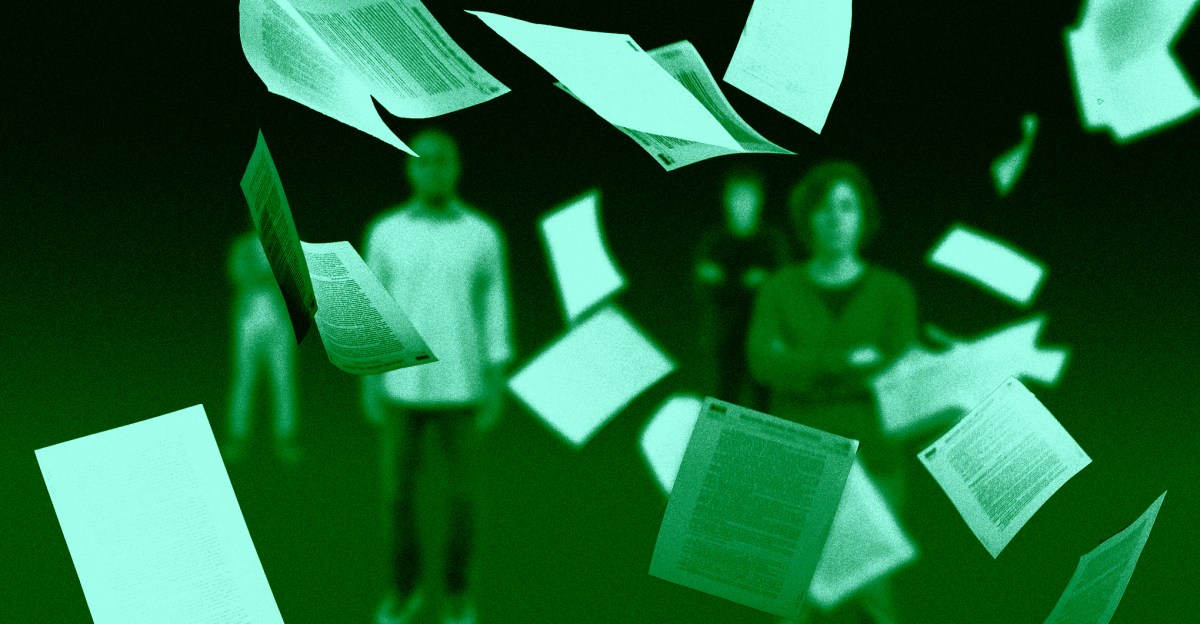OpenAI Serves Subpoenas on AI‑Policy Nonprofits Amid Musk Lawsuit

Key Points
- OpenAI has issued subpoenas to several AI‑policy nonprofits amid its lawsuit with Elon Musk.
- The subpoenas request exhaustive information on funding, communications, and any involvement with OpenAI’s restructuring.
- Targeted groups include the San Francisco Foundation, Encode, the Future of Life Institute, and others.
- Recipients describe the demands as over‑broad and warn of costly legal compliance and potential chilling effects.
- OpenAI argues the subpoenas are needed to counter amicus briefs and other actions opposing its for‑profit conversion.
- Legal experts criticize the tactic as intimidation and note the potential impact on nonprofit advocacy.
In the ongoing legal battle with Elon Musk, OpenAI has issued subpoenas to a series of nonprofit organizations that have been critical of its shift to a for‑profit structure. Recipients include groups such as the San Francisco Foundation, Encode, the Future of Life Institute, and others. The subpoenas request extensive information about funding sources, communications, and any involvement with OpenAI’s governance, prompting concerns about legal costs, chilling effects on advocacy, and the broader implications for nonprofit independence in AI policy debates.
Background of the Dispute
OpenAI is defending itself in a lawsuit brought by Elon Musk, who seeks to block the company’s transition from a nonprofit to a for‑profit entity. As part of its legal strategy, OpenAI has begun a discovery process that targets organizations it believes may have supported Musk’s position.
Subpoenas Served on Multiple Nonprofits
A number of AI‑policy and advocacy nonprofits have reported receiving subpoenas from OpenAI. These include the San Francisco Foundation, Encode, Ekō, the Future of Life Institute, Legal Advocates for Safe Science and Technology, and the Coalition for AI Nonprofit Integrity. The subpoenas arrive in two parts—one addressed to the organization and another to a senior individual within the group.
The requests are broad, asking for details about every donor, the amounts contributed, and any communications related to OpenAI’s governance or its restructuring. Some subpoenas also seek all documents concerning specific state AI‑safety bills that the nonprofits have lobbied on, such as California’s AI safety legislation.
Impact on the Targeted Organizations
Recipients describe the subpoenas as “over‑broad” and “over‑reach,” noting that compliance would require extensive searches of records and could generate substantial legal fees. One nonprofit’s general counsel reported that pro bono counsel saved the organization tens of thousands of dollars, while another founder said the subpoena made it difficult to obtain legal insurance, effectively rendering the group “uninsurable.”
Beyond financial strain, the subpoenas have raised concerns about a chilling effect on nonprofit advocacy. Legal scholars quoted in the coverage argue that the demands appear more like a campaign of intimidation than a narrowly tailored effort to gather evidence relevant to the Musk litigation.
OpenAI’s Rationale and Public Response
OpenAI’s chief strategy officer has publicly explained that the subpoenas target nonprofits that filed amicus briefs opposing the company’s restructuring or that appeared to be aligned with Musk’s interests. The company emphasizes that the discovery is necessary for its defense in the broader lawsuit.
Critics, however, contend that the approach mirrors tactics used by large tech firms to suppress dissent and that it represents “lawfare” against organizations that monitor corporate power.
Broader Implications
The episode highlights the tension between powerful AI companies seeking to protect their legal interests and the nonprofit sector that aims to ensure transparency, ethical standards, and public oversight of AI development. As the legal battle continues, the fate of these subpoenas may set precedents for how nonprofit advocacy groups are treated in high‑stakes corporate litigation.